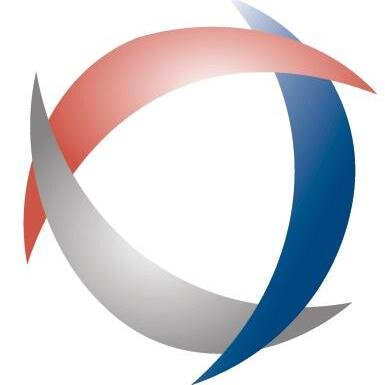In the world of technology, nothing stands still for long. This is readily apparent in the world of consumer electronics, software, and services. But in the world of business technology, it can be more difficult to see how things are evolving.
While the pace of business innovation is roughly on par with consumer advances, the deployment cycle of new technology in businesses is slower than with consumer services. This is related to cost and time. Investing in new technologies every year or two is expensive for most small and medium-size businesses. Because of this, companies must be more selective of when to move to a new technology.
With this in mind, we’ve put together a guide to how commonly used business technologies will be changing in the coming months and years. Let’s look at the following technologies:
- Internet Service
- Telephone Service
- Alarm Service
- Multi-Function Copy Machines
- Business Software
- Mobile Phone Service
Our goal is to help business owners who rely on some (or all) of these technologies day-to-day plan for upgrades as the marketplace evolves.
Internet Service
Business internet service is currently delivered in one of five ways. The two most common are through copper wire (AT&T) and coaxial cable (Comcast).
Recently, Comcast has been rolling out a faster delivery method via fiber optic cable. Fiber optic internet delivery is considerably faster than any other method of service delivery. Business owners that rely on internet service for things like cloud data storage, streaming, and VoIP should consider switching to fiber service when it becomes available.
Telephone Service
If your business telephone service is still delivered over copper wire (known as Plain Old Telephone Service, or POTS) this service may become unavailable in your area in the next few years.
Over twenty states have already passed legislation giving AT&T permission to retire their copper wire telephone services. California is not currently on the list—a bill was introduced, but did not stand up to opposition.
Many businesses have already moved to VoIP, which is telephone service delivered over the internet. When comparing VoIP to traditional landlines, businesses typically find the cost savings and additional features offered by VoIP to outweigh any minor advantages traditional landlines still offer.
Alarm Service
Just like internet and telephone service, business alarm services have been moving away from landline connections.
Alarm services providers such as Angel’s Camp, Calif. based Signal Service have moved their services to cellular monitoring. Cellular monitoring provides a number of advantages over traditional connections.
Multi-Function Copy Machines
Believe it or not, it wasn’t that long ago that all-in-one print and fax machines were the most advanced business technology available. The role and functions of these machines have changed.
Multi-function copy machines, such as those offered by Placerville, Calif. vendor Carbon Copy are moving away from fax features and services. Instead, they are emphasizing scanning and emailing. For most industries, faxing has become obsolete—now in a category with rotary telephones and desktop rolodexes.
Business Software
For decades, businesses have had to engage in the ritual of upgrading to the latest version of Microsoft Office every few years. Since the advent of cloud computing and apps, locally installed software has been losing ground.
Microsoft’s own Office 365 has many cloud-based components. The popular Google Workspace offered by Google is fully cloud-based. Not only is the cloud convenient, it offers better security than local file storage.
Cloud-based software eliminates the need to upgrade locally installed programs on an ongoing basis. Instead, there is a simple subscription model. With cloud-based solutions, vendors can iterate faster and deliver improved user experiences more frequently. Upgrades occur in background with no cost to businesses or disruption to users.
Mobile Phone Service
Business owners who have seen mobile phone service providers touting “5G” lately will be excused for wondering what happened to G’s one through four. There’s still a lot of misinformation and conjecture about what 5G is and will bring to mobile device users.
For now, it’s a moot point. Even optimistic projections of this new wireless technology don’t expect it to arrive until at least 2025. And even then, that will only be for about a third of the country.
Bottom line: 5G is not something businesses will need to worry about in the short term.
If your business is relying on older technology and you don’t know where to start upgrading, consider speaking with a business technology specialist.
About Fortis
 Fortis is an award-winning Sacramento area technology firm that specializes in IT support and business phone systems.
Fortis is an award-winning Sacramento area technology firm that specializes in IT support and business phone systems.
Our greatest strength is our service-first team of Information Technology and VoIP specialists.


